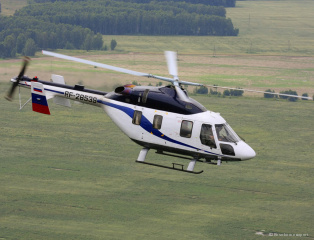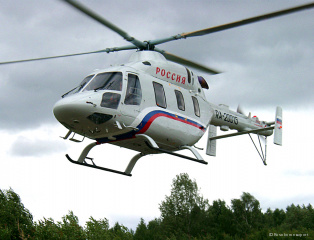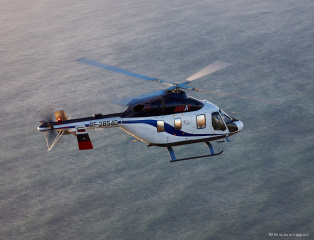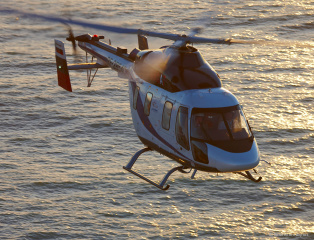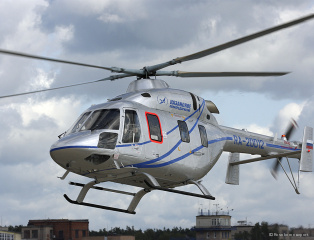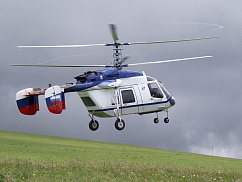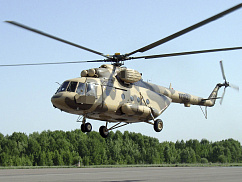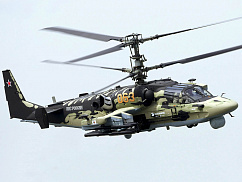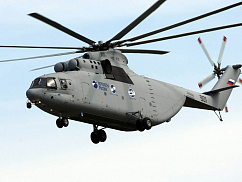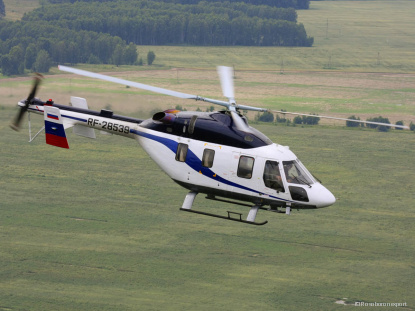
en formato pdf
Mission and primary tasks
The Ansat light multipurpose helicopter is intended to carry personnel, cargo and equipment inside its cargo compartment or on external sling, as well as perform special tasks in the interests of different customers.
The helicopter can be used in various versions: search & rescue, medical, training, passenger/cargo, VIP.
Airborne equipment
Ansat’s airborne equipment provides safe flight control both along air routes and in off-the-airway regulated and unregulated airspace. The helicopter can carry various types of optional equipment.
Design features
The Ansat light multipurpose helicopter is designed to carry personnel (up to 10 people), transport cargo and equipment inside its cargo compartment (up to 1,000 kg) or on external sling (up to 1,300 kg), as well as perform special tasks in the interests of different customers.
The helicopter has a spacious 8.7 m3 passenger/cargo cabin enabling its use in various versions: passenger/cargo, search & rescue, medical, training, VIP. Its powerplant consisting of two PW-207K gas turbine engines provides flight safety and high performance characteristics of the helicopter, including in high-altitude and hot conditions.
The maximum takeoff weight of the helicopter is 3,300 kg, practical flight range - at least 500 km, cruising speed - 250 km/h, service ceiling – 5,500 m, hovering ceiling – 3,200 m, flight endurance - at least 3 hours.
The blades of its main and tail rotors are made of composite materials. Ansat’s avionics equipment is capable of effectively solving the piloting and navigation problems.
Training facilities, including a flight and navigation simulator and a computer-aided training classroom, are offered for flight and maintenance personnel training.
Main advantages
- versatility;
- compactness that enables landings on unprepared small-sized sites;
- high hovering ceiling;
- easy operation and low maintenance;
- high safety and single-engine flight and landing capability.



